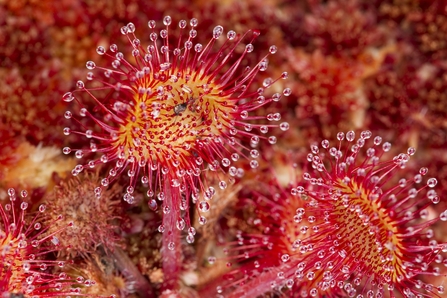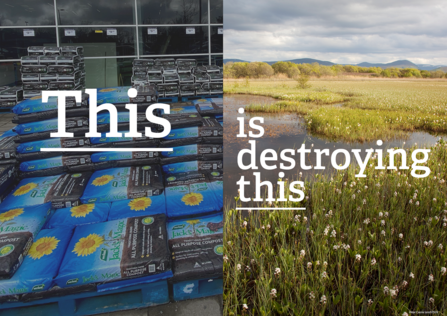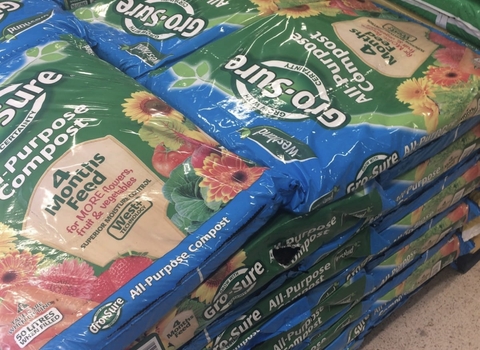To many, peat bogs are the swampy, seemingly inhospitable landscapes of childhood fairy tales, where nothing much grows and in which Sherlock Holmes’ villains sink without trace. In real life, peatlands are home to a wealth of fascinating creatures and wild plants.
They include the delicate sundew, a tiny bog plant that gets its nutrients by ‘eating’ insects, and sphagnum bog mosses, which form a glorious spongy carpet of rich golden, scarlet and lime-green hues - a feast for the eyes.
These special mosses hold up to 20 times their weight in water, keeping the bogs wet. This creates ideal conditions for wading birds like greenshank and dunlin, and for the quarter of the country’s dragonfly and damselfly species that are found only on peatlands. The waterlogged conditions are also perfect for the formation of peat.




